Description
PDF document with 15 pages of language worksheets
$0.00
PDF document with 15 pages of language worksheets
You must be logged in to post a review.
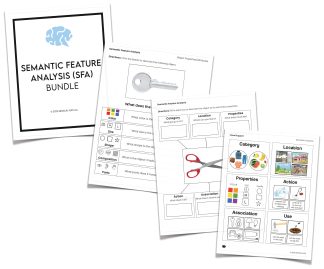
Semantic Feature Analysis (SFA) is an evidence-based treatment technique designed to improve word retrieval and naming. SFA targets activation of semantic networks and patients are prompted to generate semantic features of set items (i.e., group/category, use/function, action, properties, location, and association). SFA has been found to be an effective approach in improving naming of trained nouns, as well as facilitate carryover, to untrained nouns (Boyle, 2004). A graphic organizer, pictures, and/or real objects can be used in therapy to practice this treatment intervention. Ultimately, the goal of SFA is to provide an effective strategy for word finding. Educate and encourage communication partners to implement SFA question prompts into everyday communication.
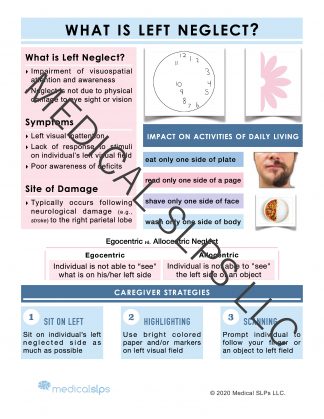
This free handout is useful for SLPs working with people who are experiencing left neglect and visual inattention.

The Thanksgiving Speech and Language Bundle includes 85+ pages of functional Thanksgiving-themed speech therapy activities designed to save you time! Useful for both children and adults, this resource is just in time to engage your patients with the upcoming holiday.
Word Retrieval
Functional Reading
Orientation/Memory
Executive Function
Necessary cookies are absolutely essential for the website to function properly. This category only includes cookies that ensures basic functionalities and security features of the website. These cookies do not store any personal information.
Any cookies that may not be particularly necessary for the website to function and is used specifically to collect user personal data via analytics, ads, other embedded contents are termed as non-necessary cookies. It is mandatory to procure user consent prior to running these cookies on your website.

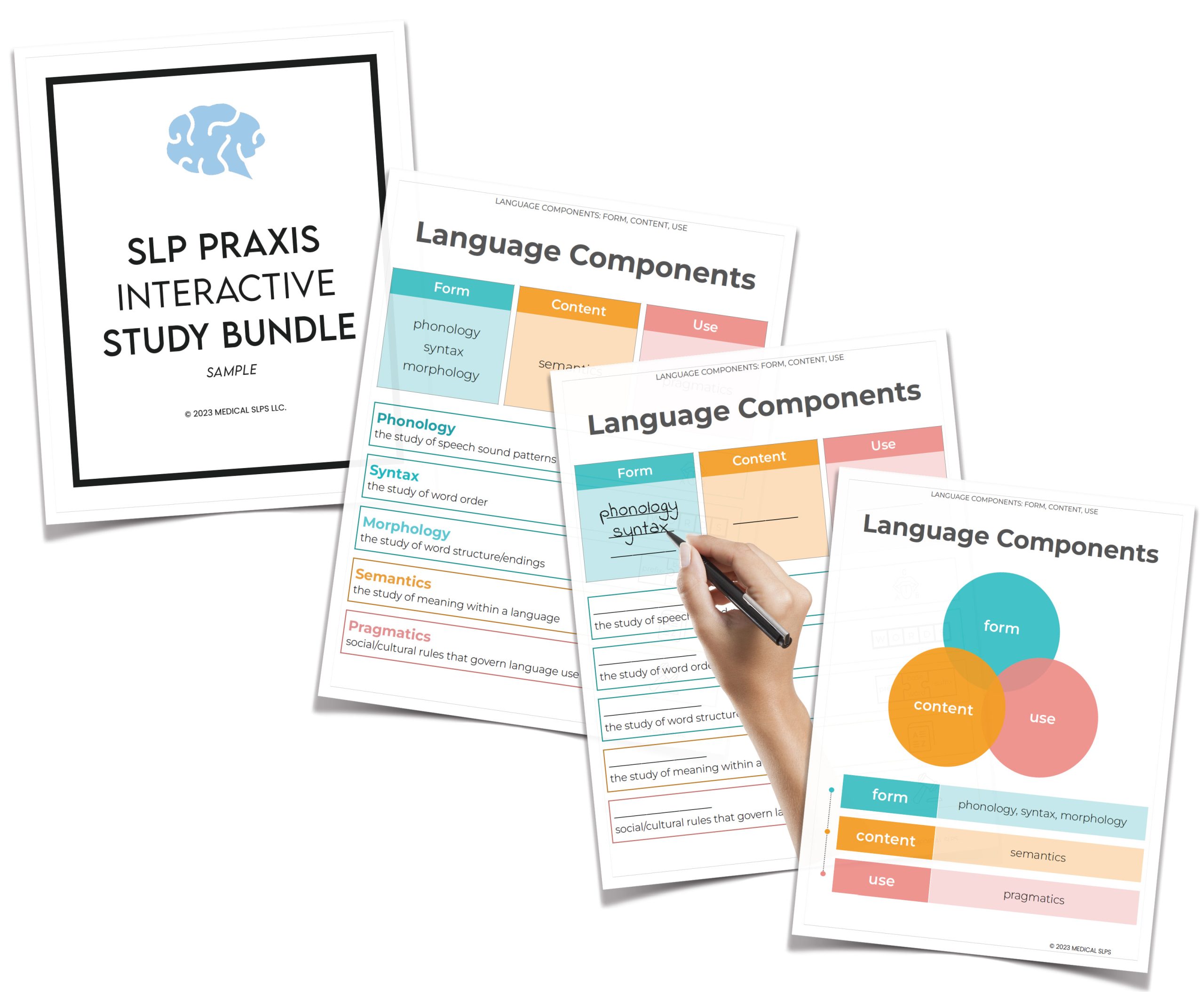
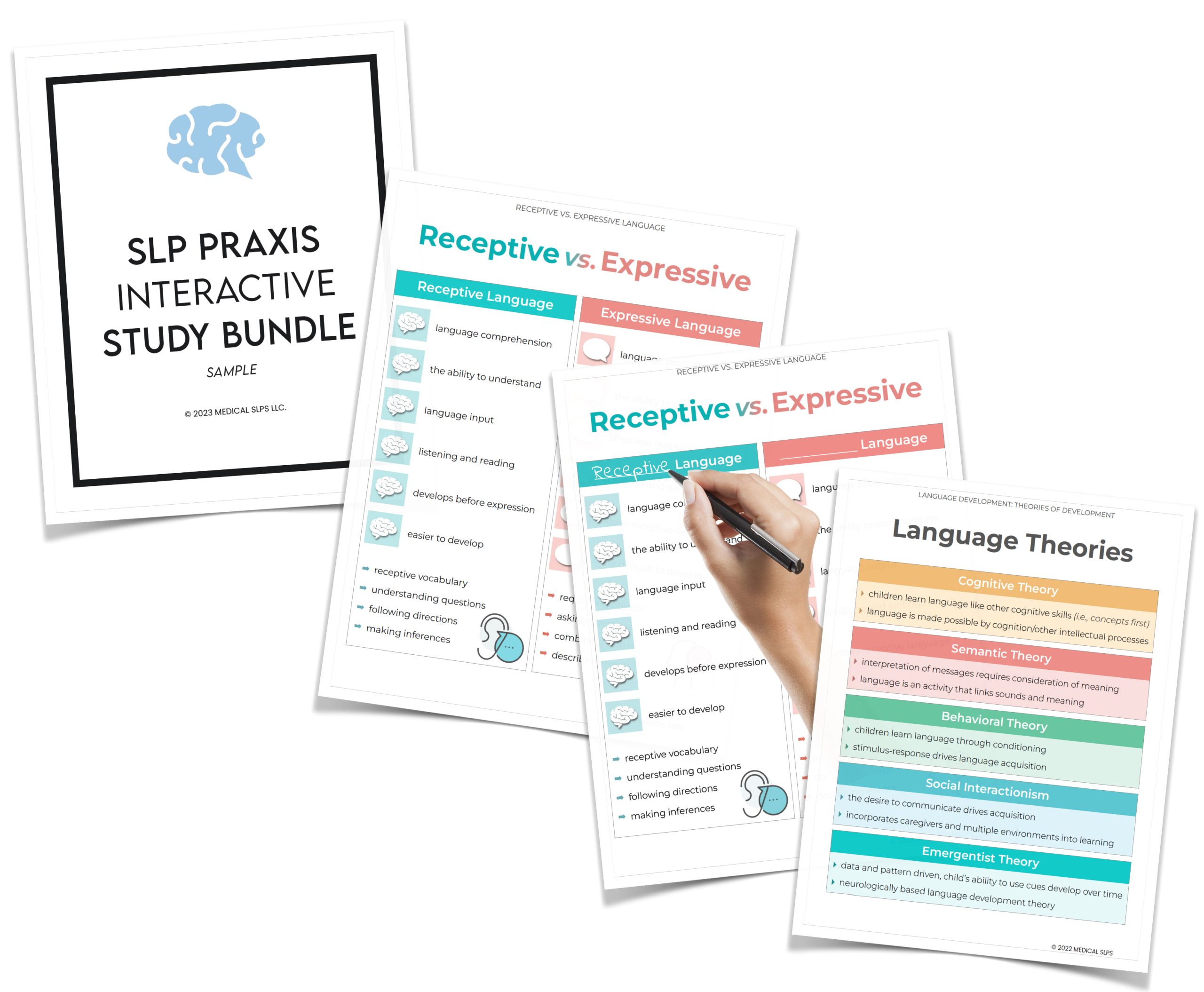
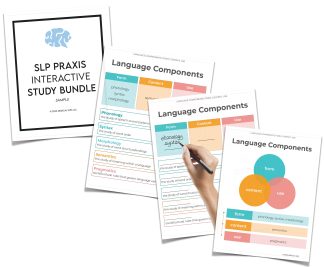
Reviews
There are no reviews yet.